One of the reasons I decided to pursue a Master’s degree was to expand my professional opportunities. Throughout the year, I decided that I did not want to immediately pursue academia, but I wasn’t sure exactly what I wanted to do. I became stressed that I hadn’t sorted anything out for September, however, I’m now incredibly grateful that I gave myself the time and space to complete my coursework and focus on my studies.
Over the summer, I applied for jobs ranging from the Department of Justice to technology consulting, and received three job offers as well as interviews in the Civil Service, for EY, and Cognosis. I have decided to accept a position as a Policy Analyst working in the logistics industry, as I think it will be a great way to start a career in policy or international logistics. If you don’t want to apply for jobs throughout the academic year, here is my advice on applying for jobs over the summer for a starting date in September.
It’s going to be time-consuming, so organise your time
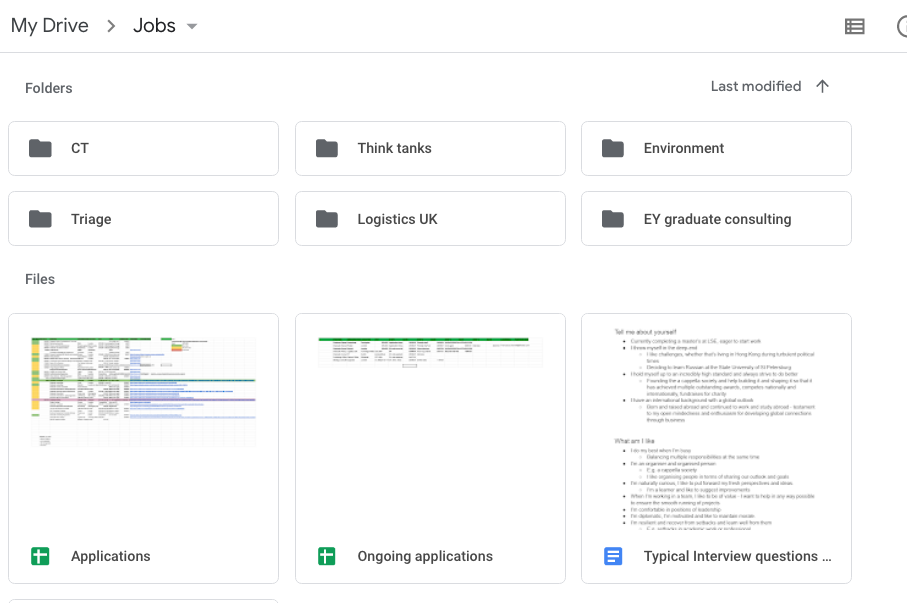
Accept this early on! Job-hunting alongside work for your dissertation is hard work, particularly if you already have a part-time job on the side. Make sure you organise your time sensibly. I would advise spending a whole day on job-hunting or your dissertation. Be prepared for the fact that you need to spend a lot of time on job applications – recruiters know if you’ve just copied and pasted your CV and cover letter, so to improve your chances, really spend time familiarising yourself with the organisation and the job, the requirements, and how you best fit into the role.
Organise your applications!
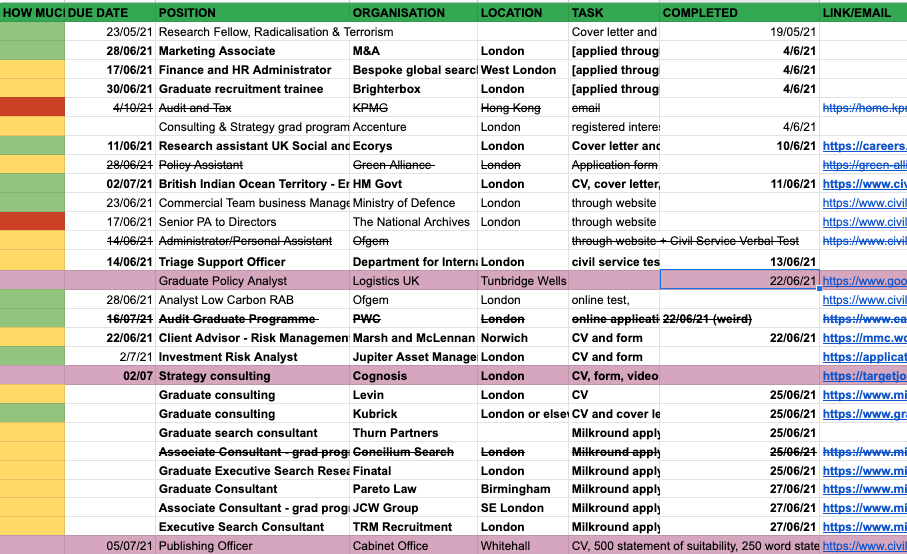
Excel became my new friend. I wrote down the application deadline, the job title, the salary, the location, the company, the application requirements, contact details, the link to the original job advert, the date I applied, and then, if I was successful, the date for interviews. I also colour coded the jobs according to how much I wanted them. This helped me keep on top of my applications, which could have become quite muddled. I also had a ‘job applications’ notebook which I used for interview prep and to jot down questions I had for interviewers.
Use the LSE CareerHub
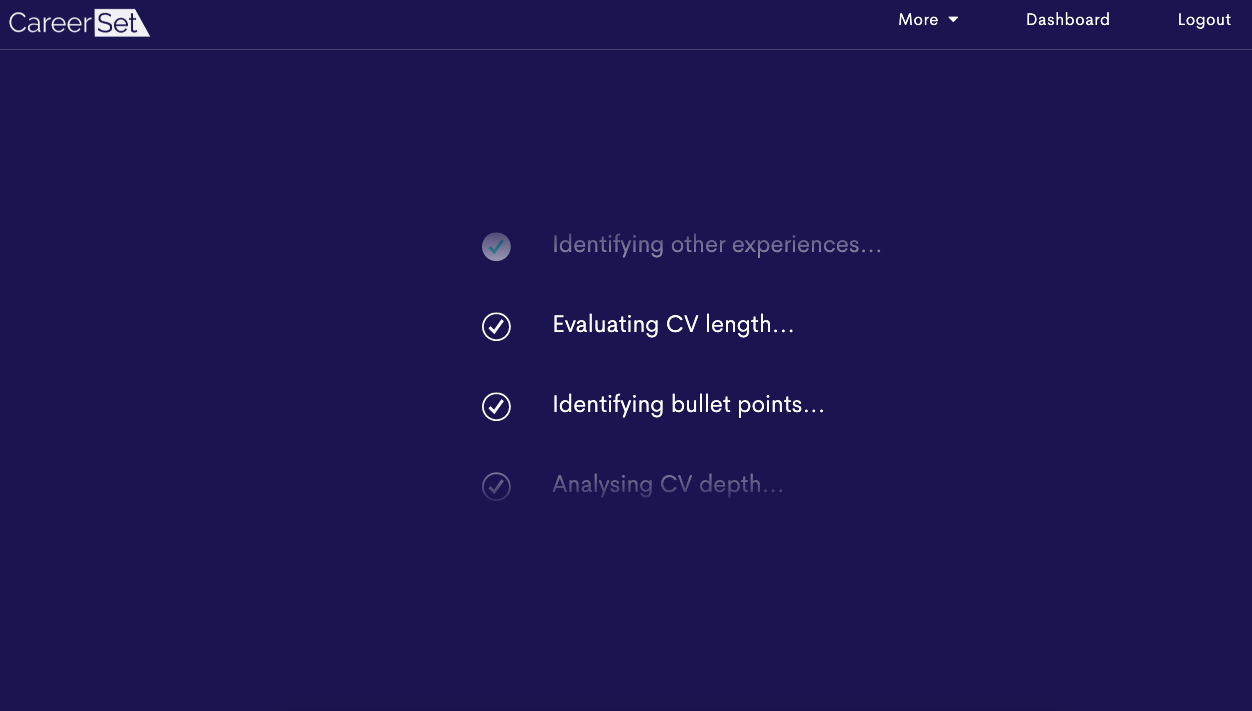
I used the LSE CareerHub to help look for some jobs and ask for some advice, but the most useful feature for me was the CareerSet CV tool. It gives suggestions for stronger verbs and greater impact, and tracks your improvements. This was exceptionally useful! You can also use CareerHub to book practice interviews and use other online tools.
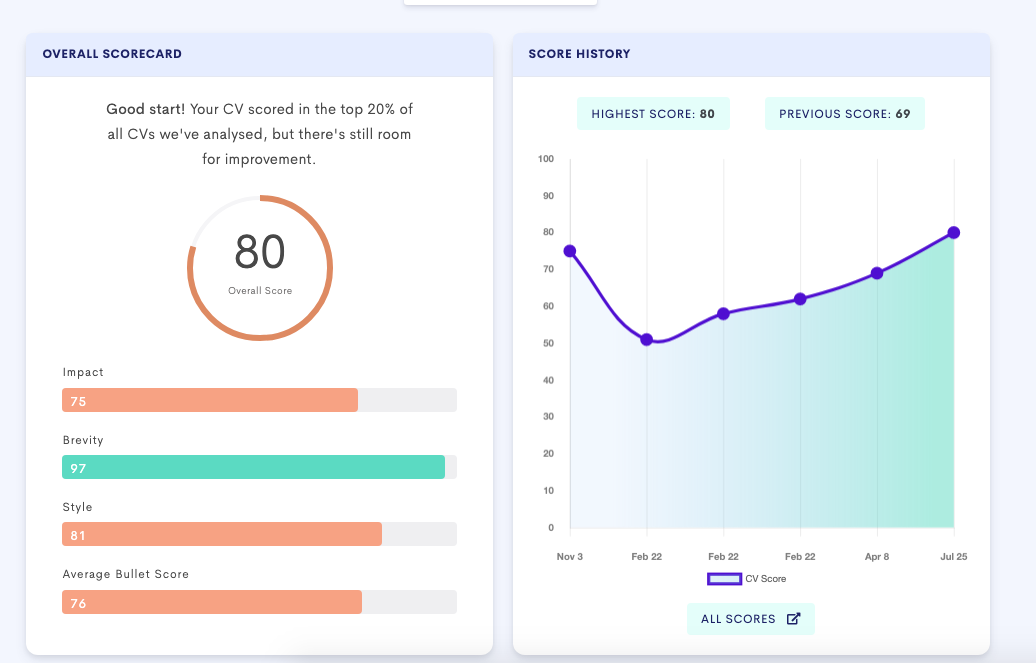
Be selective
At the start of the summer, I said that I would accept literally anything I get offered. This was the complete wrong mentality – yes the job market is difficult, but you didn’t spend thousands of pounds on a master’s degree to get a job you could have got without a master’s. Think about exactly what you want to do, and if you can’t find the perfect role, then look for roles that might lead you to do what you actually want. The job you’ll start in September probably isn’t the same job you’ll have in two years time! Know your worth.
Be ready for unexpected hurdles
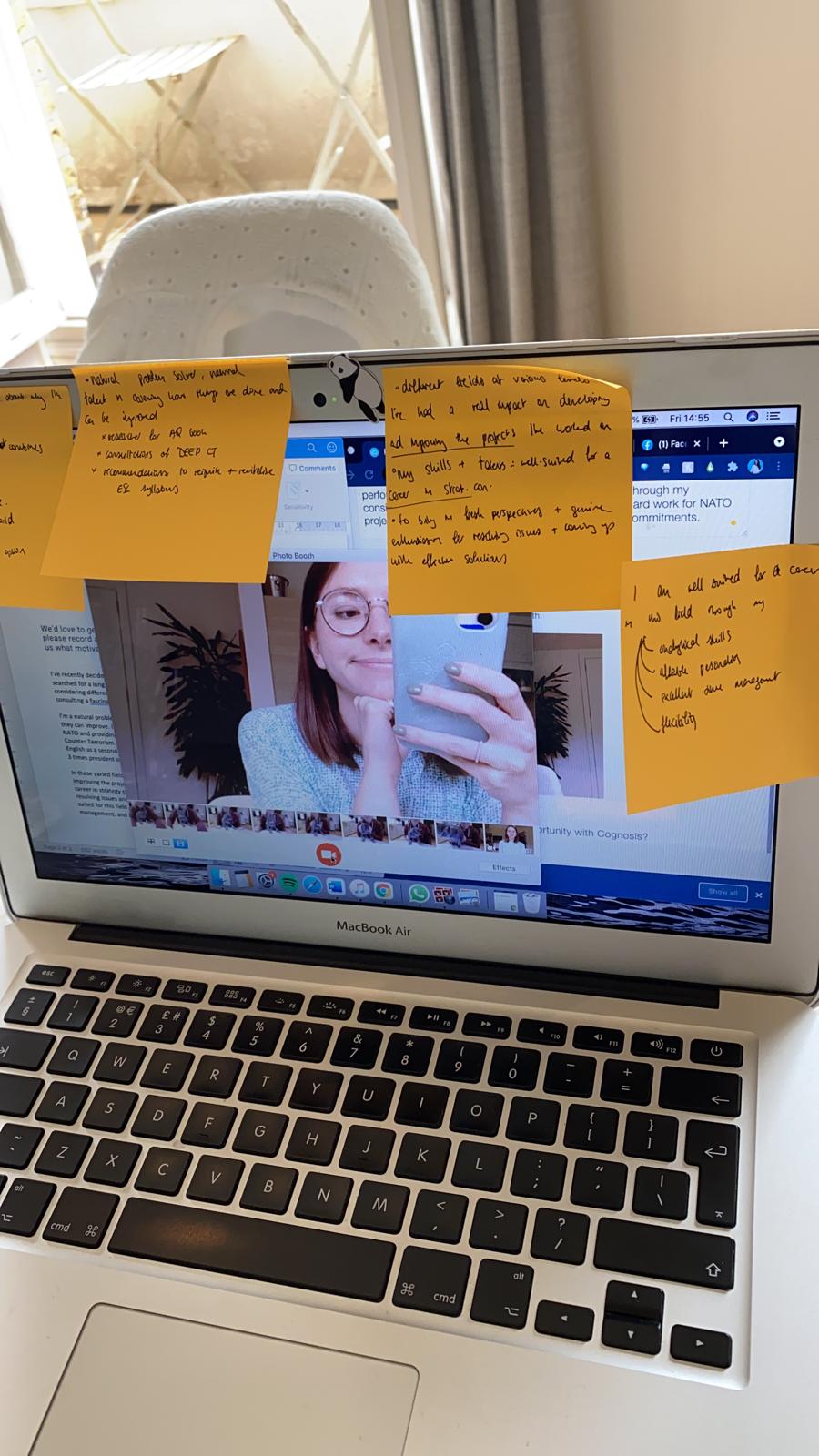
I had to download a game app for my application for a company. I spent over an hour completing the 10-tier game, only to be told immediately that I did not meet their requirements – ouch. It was then that I decided I didn’t want to work for a company that used a computer to judge me. For one job, I was given 5 minutes to prepare and record a one-minute video about why I wanted the role – post-it notes are EXTREMELY helpful for reminding yourself of the key points and staying on track!
Reflect
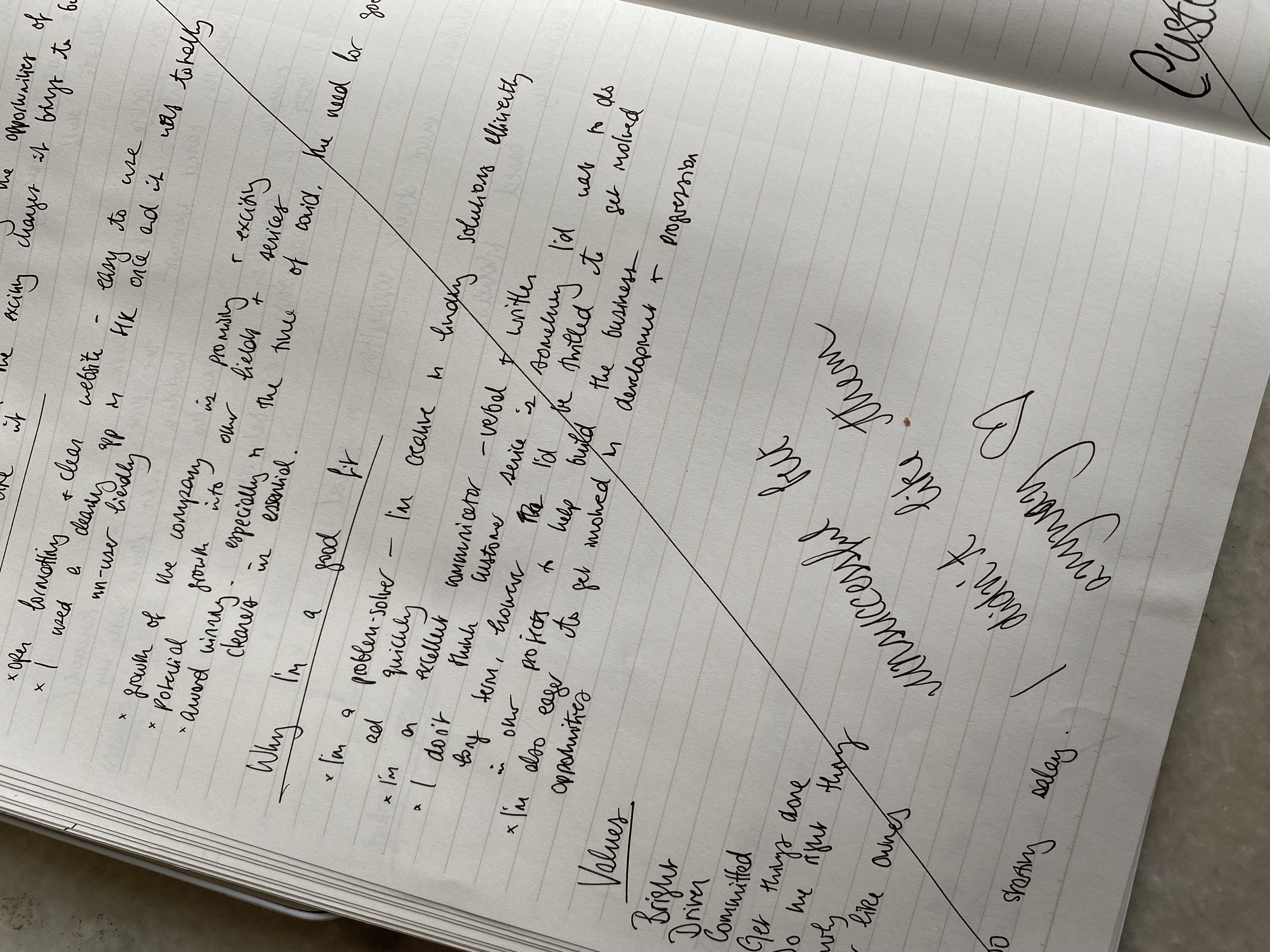
After an interview or a task, think about what went well and what could be improved. I had one interview where the interviewer and I had absolutely no chemistry – she seemed completely disinterested in me, so I became disinterested in the job. And this was good! It helped me narrow down my options. Also, something I found was that I was trying to make myself a good fit for the roles I was applying for, instead of considering if the roles were a good fit for me personally. Don’t do this, look for roles which are compatible to your interests and your ethics.
Practice interviewing

It’s horrible, but the more I practiced, the better I got. I practiced competency-based questions and made endless Google Docs writing down my strengths, weaknesses, specific anecdotes to answer questions, and examples of STAR answers (Situation, Task, Action, Result). This really helped me answer questions I wasn’t expecting, as I could quickly recall what I had previously written down without telling long-winded stories about that one time I showed strong leadership qualities. Also, print out and colour code your CV if it helps you recall examples to answer questions!
Have faith!
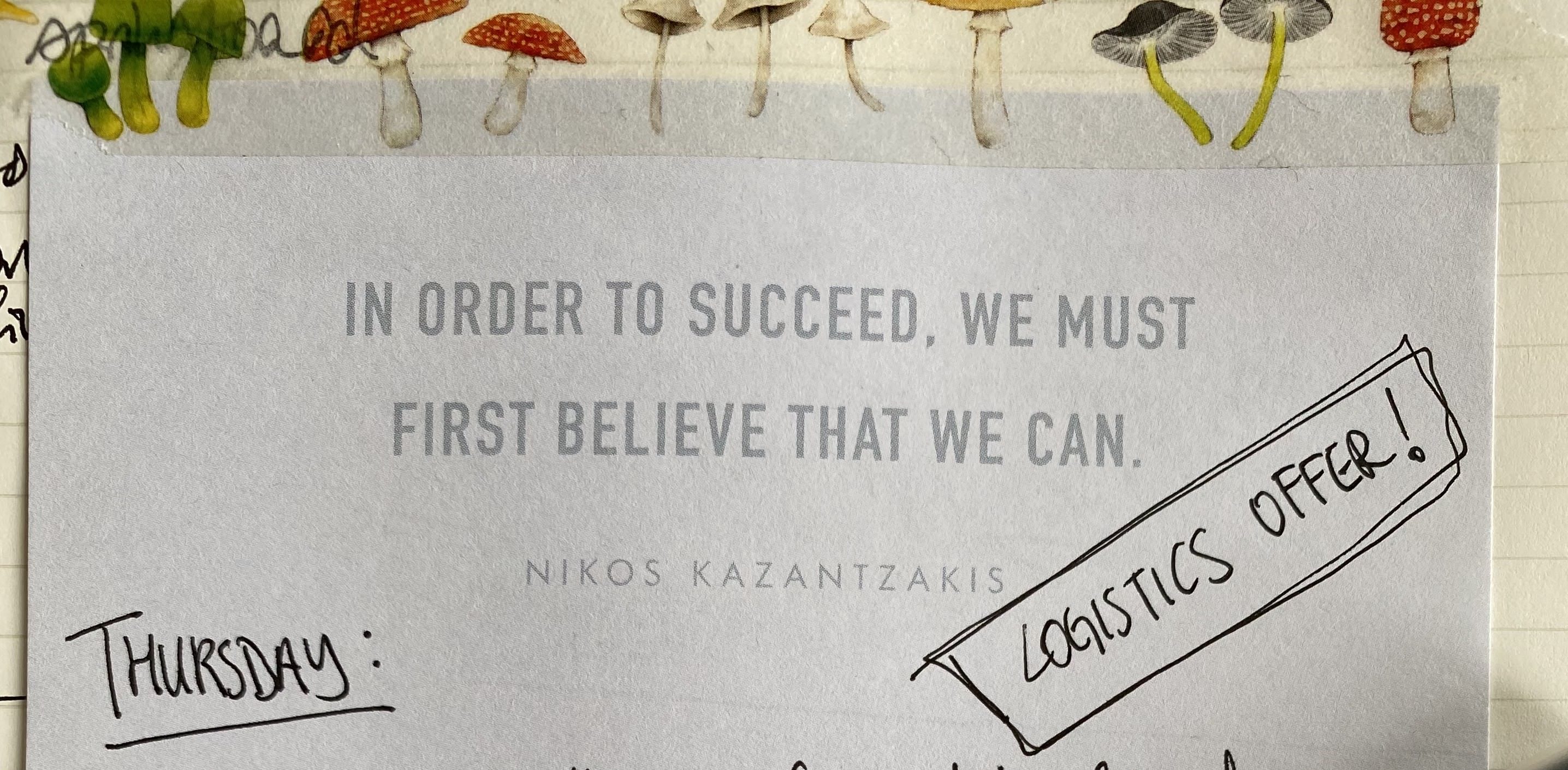
The right job WILL come along. Don’t get disheartened if and when you get a rejection (or not even a response), learn from the experience and apply your new knowledge to your applications. Send your CV and cover letters to friends, family, or the LSE careers services for advice. Flex on your CV, show off your skills and experience in your interviews, and have confidence in your abilities.



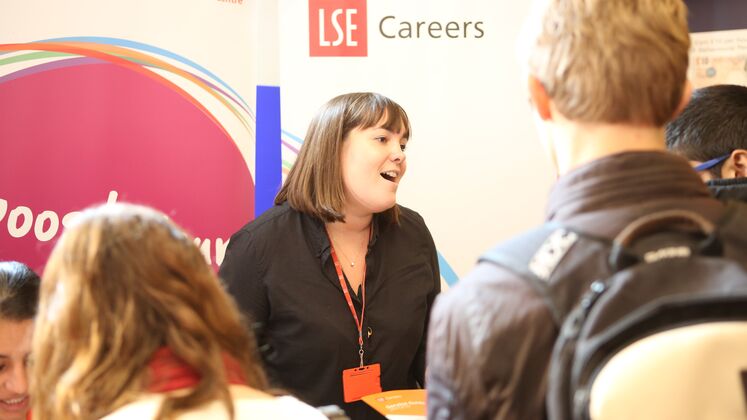


Thanks for sharing great tips, one of my favourite tip; i want to share: Talk to your family. Your parents, older siblings, aunts and uncles, and anyone else might know of opportunities at their own place of work, or at a business they frequent.